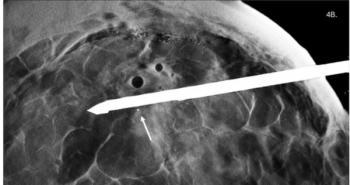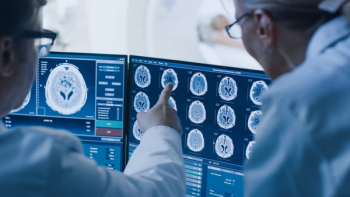FDA Clears Emerging AI Software for Brain MRI
The artificial intelligence (AI)-powered software VUNO Med-DeepBrain reportedly automates brain MRI segmentation and provides access to volumetric data on over 100 regions of the brain.
Offering a potentially time-saving antidote to manual identification and quantification of brain structures on magnetic resonance imaging (MRI), the VUNO Med®-DeepBrain® artificial intelligence (AI) software has garnered 510(k) clearance from the Food and Drug Administration (FDA).
VUNO, the developer of the software, said that in addition to white matter hyperintensity and cortical thickness assessments, VUNO Med-DeepBrain offers
Offering quantifiable brain data in a customizable report, VUNO Med-DeepBrain may also facilitate earlier diagnosis in cases involving dementia or other neurodegenerative conditions. In study findings presented at the recent Alzheimer’s Association International Conference (AAIC), researchers found that VUNO Med-DeepBrain can predict amyloid positivity in patients with subjective cognitive decline, according to VUNO.
“With this product, we will make every effort to help improve the declining quality of life experienced by many dementia patients,” added Yeha Lee, the CEO of VUNO.
Newsletter
Stay at the forefront of radiology with the Diagnostic Imaging newsletter, delivering the latest news, clinical insights, and imaging advancements for today’s radiologists.















